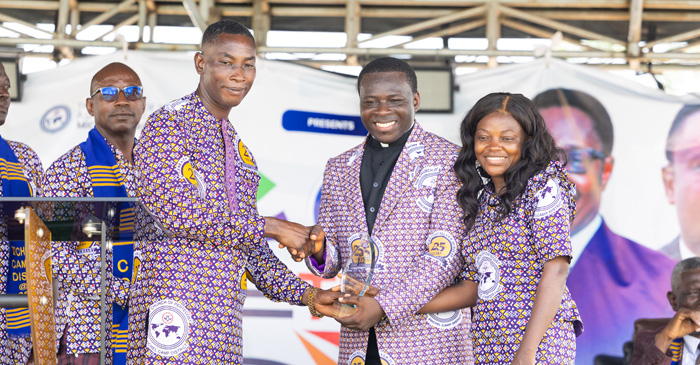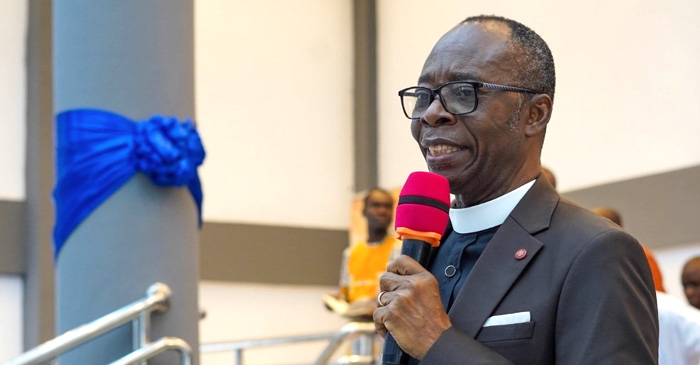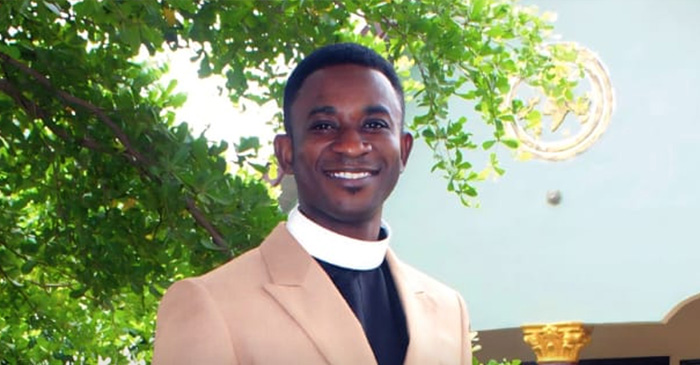
The Michel Camp District of The Church of Pentecost recently celebrated its 25th Anniversary, marking a quarter-century of God’s unfaltering faithfulness. The theme, “The Faithfulness of God,” anchored on Psalm 100:5, guided the district’s week-long celebration, which began on November 4, 2025, and culminated on November 9, 2025.
The anniversary festivities featured a series of events, including a Mega Crusade, Jesus March Float, Praise and Thanksgiving Night, and a grand thanksgiving service. The events brought together past ministers, officers, members, and dignitaries to reflect on the Lord’s goodness throughout the District’s journey. Several seasoned ministers of The Church of Pentecost, including Apostle Dr. Amos Jimmy Markin, Apostle Nana Yaw Agyei, Apostle Anthony Ahalivor (Retd), and Prophet J.E. Ameyaw (Retd), expounded on the theme, encouraging members to acknowledge God’s faithfulness.
In his sermon, Prophet J.E. Ameyaw (Retd) affirmed that the District’s 25-year journey has been sustained solely by divine protection. “Many are seeking protection and safety from other sources, but those who have Jesus have firm and assured protection,” he said.
Pastor Shadrack Addo Arnan, the District’s Minister, expressed gratitude to God and all who have laboured for the District’s growth. “I am deeply thankful to God, to all past District Ministers, officers, and members who have contributed since the creation of this District. Your sacrifices and commitment have brought us this far,” he said.
The District also demonstrated the love of Christ through social action, donating items to the Boundless Horizon Special School at Tema. The celebration was graced by several dignitaries, including Nii Tetteh Oglie II, Chief of Militsakpo, who expressed appreciation for the Church’s invitation and assured them of his support.
The Michel Camp District was established in September 2000 with four Assemblies and has since flourished under the leadership of several ministers. As Pastor Addo Arnan testified, “From small beginnings, the Lord has done great things for us. To God be the glory!”
The District’s history was also highlighted, with the first District Minister, Late Pastor James Mensah, and subsequent leaders contributing to its growth. The celebration served as a reminder of God’s unfailing faithfulness across generations, and the District continues to thrive spiritually and socially, bearing testimony to the truth that “Great is Thy faithfulness, O Lord.”
PENT NEWS













